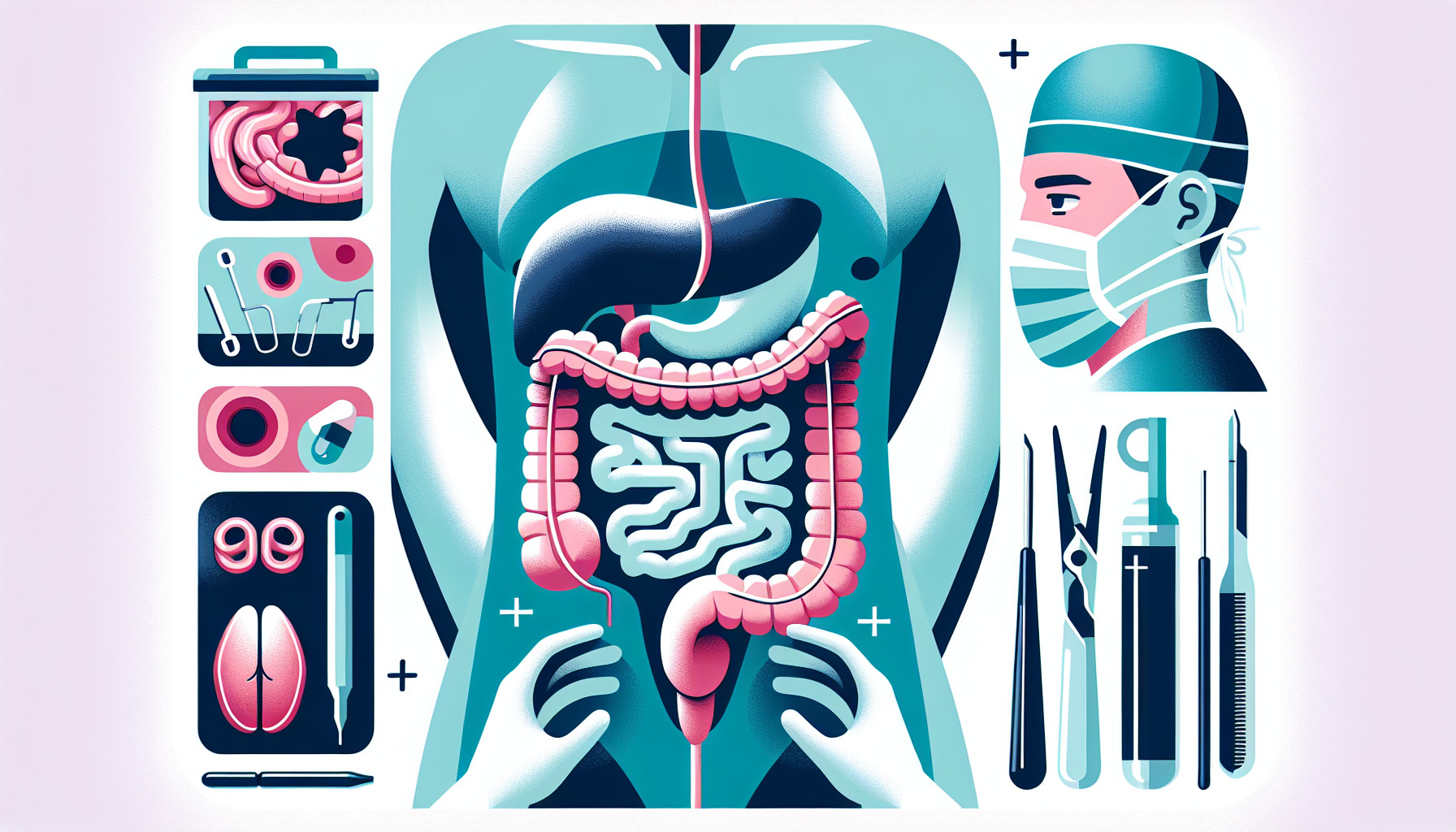Our Summary
This research paper looked at why people who have had an intestine transplant often need to return to the hospital. Out of 87 adults who had such a transplant, 65 were studied for at least a year. The researchers found that within a year of leaving the hospital after their transplant, most patients had to be readmitted at least once, and often several times. The main reasons for these readmissions were dehydration, infections, and problems related to the surgery. This suggests that better management of patients’ hydration after they leave the hospital could help reduce the number of times they need to be readmitted.
FAQs
- What was the main objective of this research study on intestine transplants?
- What were the main causes for readmission of patients after an intestine transplant?
- Could better management of patients’ hydration reduce the number of readmissions post intestine transplant?
Doctor’s Tip
One helpful tip a doctor might give a patient who has had an intestinal transplant is to stay well-hydrated and monitor for signs of dehydration, such as dark urine, dry mouth, or dizziness. It is important to drink plenty of fluids, especially water, to ensure proper hydration and prevent complications that could lead to readmission to the hospital. Additionally, following a healthy and balanced diet, taking prescribed medications as directed, and attending regular follow-up appointments with healthcare providers can also help in maintaining overall health and reducing the risk of complications post-transplant.
Suitable For
Patients who are typically recommended for an intestinal transplant are those who have severe intestinal failure, which can be caused by a variety of conditions such as:
Short bowel syndrome: This is a condition where a significant portion of the small intestine is missing or non-functional, leading to malabsorption of nutrients and fluids.
Chronic intestinal pseudo-obstruction: This rare condition causes the intestines to behave as if there is a blockage, leading to symptoms such as severe abdominal pain, bloating, and constipation.
Inflammatory bowel disease (IBD): Severe cases of Crohn’s disease or ulcerative colitis that do not respond to other treatments may require an intestinal transplant.
Intestinal tumors: Cancerous tumors in the intestine may require removal of a significant portion of the intestine, leading to the need for a transplant.
Congenital intestinal disorders: Some individuals are born with genetic conditions that affect the development or function of the intestines, necessitating a transplant.
Patients who have failed other treatments for their intestinal condition, such as medications, nutritional support, or surgical interventions, may be considered for an intestinal transplant. It is important for patients to undergo a thorough evaluation by a transplant team to determine if they are suitable candidates for the procedure.
Timeline
Before Intestinal Transplant:
- Patient is diagnosed with a severe intestinal disease or dysfunction that cannot be managed through other treatments.
- Patient undergoes thorough evaluation and screening to determine if they are a suitable candidate for an intestinal transplant.
- Patient is placed on the transplant waiting list and waits for a suitable donor organ to become available.
- Once a donor organ is found, patient undergoes the transplant surgery, which can take several hours to complete.
After Intestinal Transplant:
- Patient spends several weeks in the hospital recovering from the surgery and closely monitored for any complications.
- Patient is gradually introduced to solid foods and monitored for any signs of rejection or infection.
- Patient undergoes extensive follow-up care, including regular check-ups, blood tests, and imaging studies to monitor the success of the transplant.
- Patient may experience complications such as dehydration, infections, or surgical issues that require readmission to the hospital.
- Patient continues to receive ongoing care and support to help them adjust to life with their new intestine and manage any long-term complications or side effects.
What to Ask Your Doctor
- What are the potential risks and complications associated with an intestinal transplant?
- What is the success rate of intestinal transplants and what are the long-term outcomes?
- What is the recovery process like after an intestinal transplant?
- How will I need to manage my diet and nutrition following the transplant?
- What medications will I need to take after the transplant and what are the potential side effects?
- How often will I need to follow up with my healthcare team after the transplant?
- Are there any lifestyle changes I should make to support the success of the transplant?
- What signs or symptoms should I watch for that may indicate a complication or rejection of the transplanted intestine?
- How can I prevent dehydration and infections after the transplant?
- Are there any support groups or resources available for individuals who have had an intestinal transplant?
Reference
Authors: Kwon YK, Etesami K, Sharp AL, Matsumoto CS, Fishbein TM, Girlanda R. Journal: Transplant Proc. 2016 Jul-Aug;48(6):2186-91. doi: 10.1016/j.transproceed.2016.03.036. PMID: 27569969
